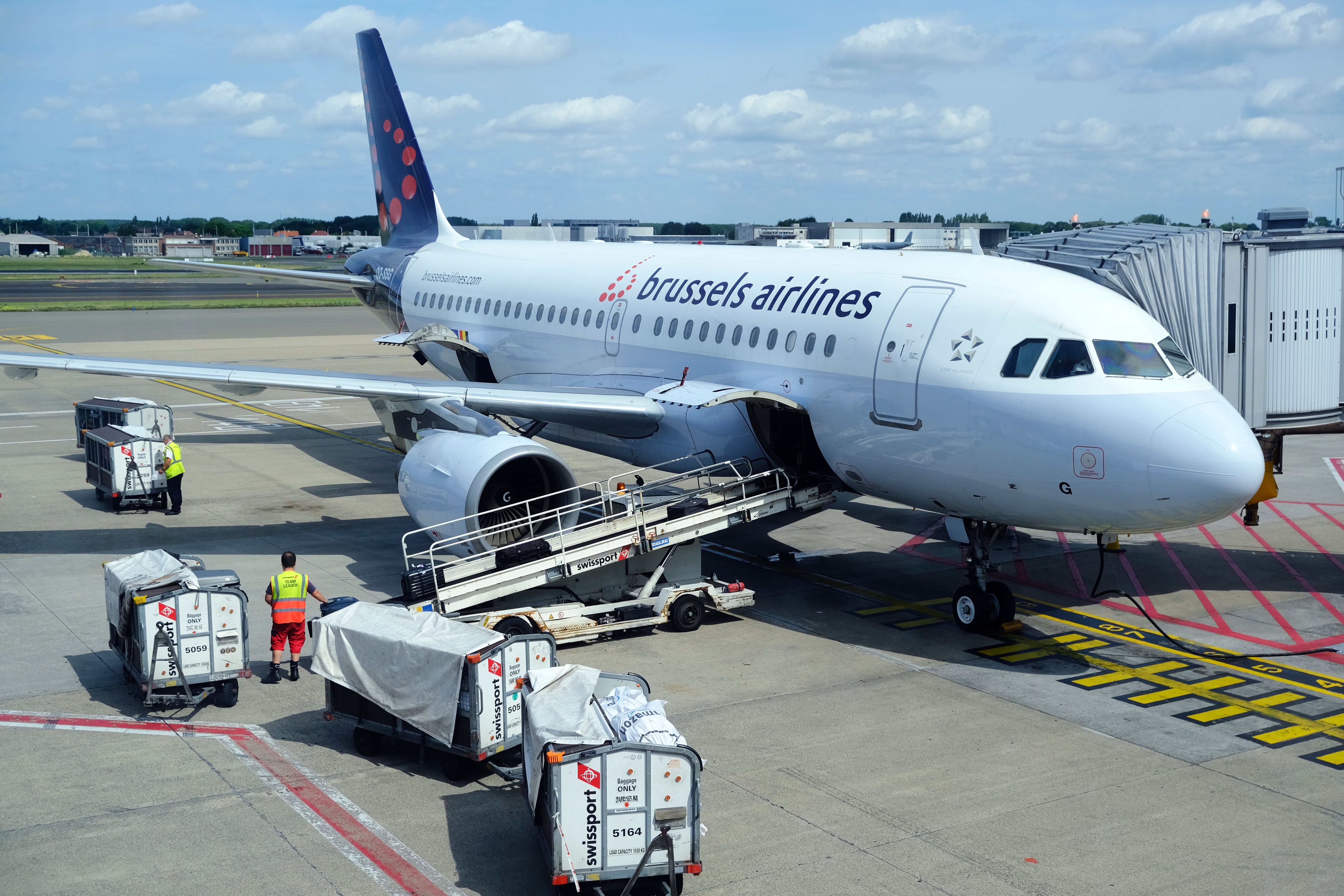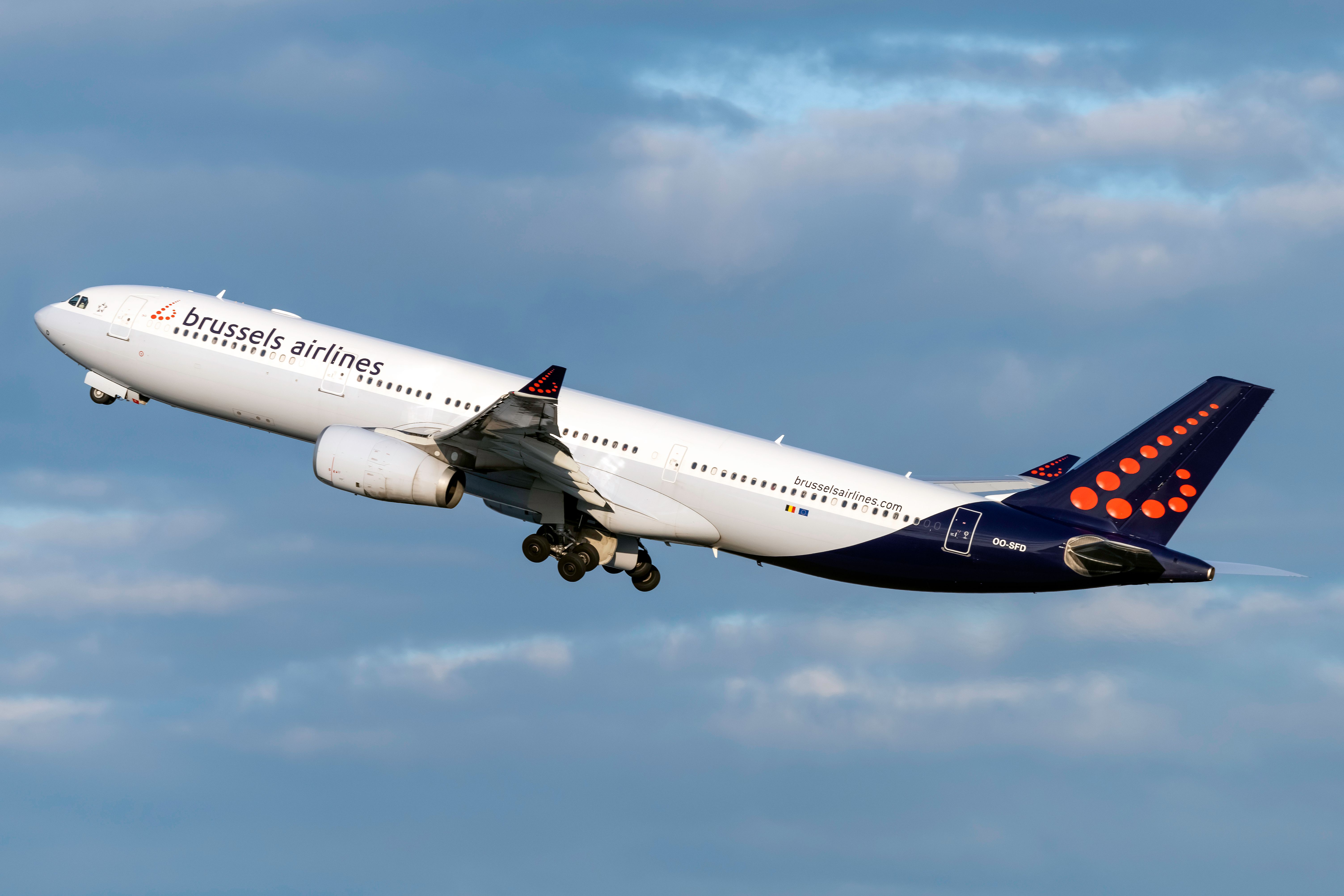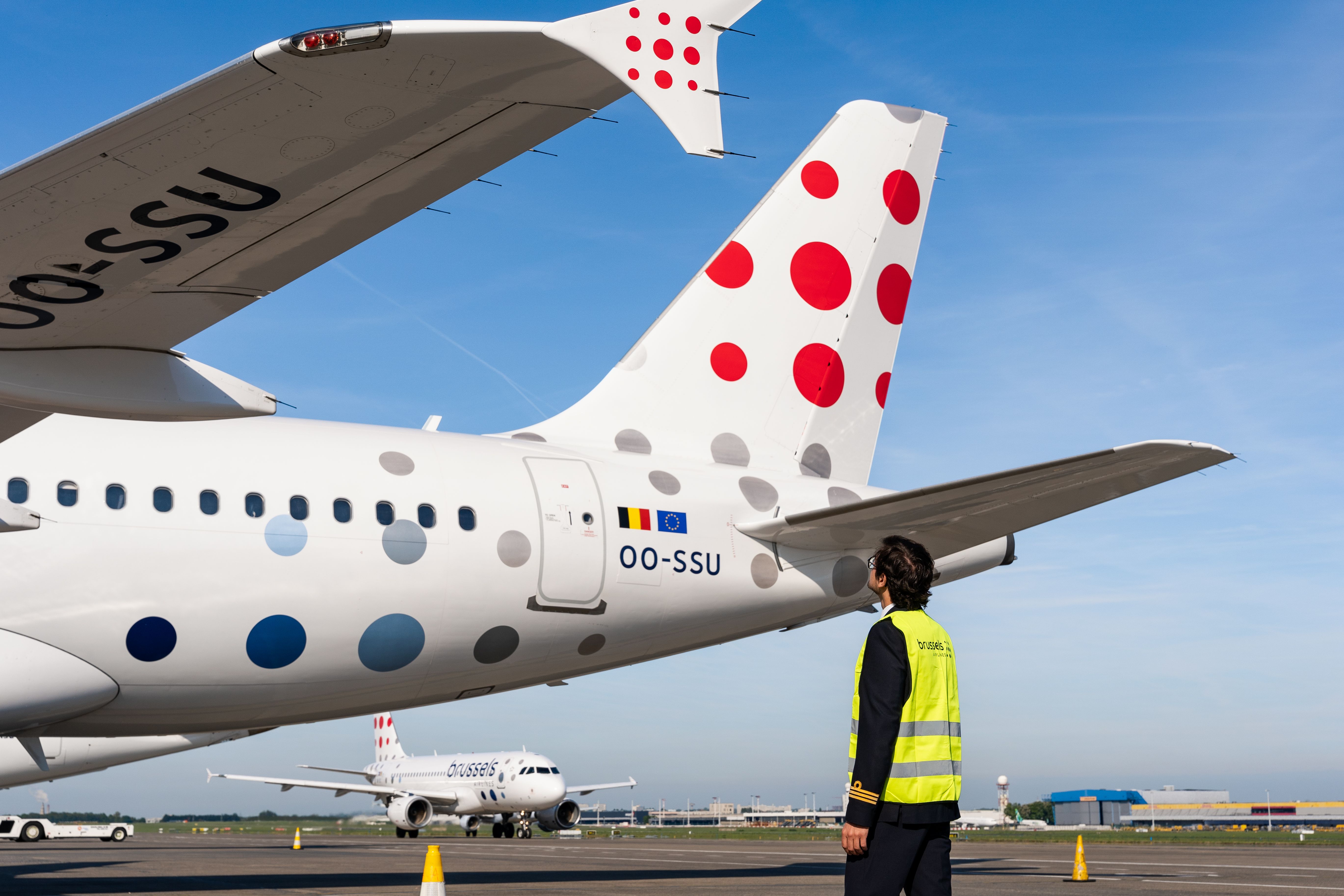For people who may have a fear of flying, Brussels Airlines wants to help them overcome it through a special course. The Belgian airline announced last week that it is working with behavioral therapists from a psychological counseling company to develop the program.
For the first time, the course will use virtual reality (VR) technology to help people feel more comfortable flying on an airplane. The airline said most participants who complete the course could travel by plane without fear.
The fear of flying
As the aviation industry has slowly returned to a sense of normalcy, people in Belgium traveled last summer as much as before the pandemic. In addition, the number of plane trips to and from Brussels Airlines' hub at Brussels Airport has gradually picked up.
Marieke Impens is a Psychologist and Behavioral Therapist at The Human Link, a company that offers psychological counseling to individuals who run into certain issues that prevent them from thoroughly enjoying life. Impens said there had been an increase in people who seek help from their fear of flying due to the uptick in air travel.
"Almost logically, there are again more requests for help from people with a fear of flying. These are people from all walks of life, from teenagers to those in their seventies. And it's really not just business travelers. Think of parents whose children go abroad to study with Erasmus, or people who have found a partner they love dearly and who wants to see the world. Some even work in the aviation industry and are suddenly constrained by fear."
Get all the latest aviation news right here on Simple Flying
A first in four years
In response to the demand, Brussels Airlines and The Human Link will offer a 'Fear of Flying' course that will take place at the end of March. This is the first time the program has been offered in four years.
"The course was created back in 2006 in collaboration with Ghent University and is scientifically based. The success rate was always above 80 per cent," Impens said. "Due to the Covid pandemic, we put the course 'on hold' for a while, but continued tweaking our approach. This has given us even more insight into how fear works and we are convinced that we can now counsel people with fear of flying even better."
The course consists of three parts. First, participants will attend an interview with a therapist to properly assess whether the course would be appropriate. Then, the participant will take the course. According to Luc Michiels, a trainer and pilot at the carrier, Brussels Airlines pilots are also part of the course.
"First, participants come to Brussels Airlines in Zaventem for a full day. In the morning, a pilot first immerses you in the world of aviation - how does a plane stay in the air, what exactly is turbulence, etc," Michiels explained. "The other half-day is spent on concrete exercises with therapists to deal in a different way with the feelings passengers have when they are anxious."
Technology goes a long way
Individuals attending the course will also have the opportunity to be immersed in the environment of an aircraft using VR, which is new to the program. Impens said the technology has become an essential part of the program.
"This makes everything more realistic and ultimately also lowers the threshold," Impens said. "They learn to make their own choices again, instead of letting fear determine these choices. By allowing them to experience that flying - without all the 'safety devices' they have made their own over the years - does end well after all, anxiety often subsides fairly quickly."
The course will be offered in Dutch, but depending on demand, sessions will be proposed in French and English. Brussels Airlines said that more than eight in 10 participants are able to travel by plane carefree after completing the course.



